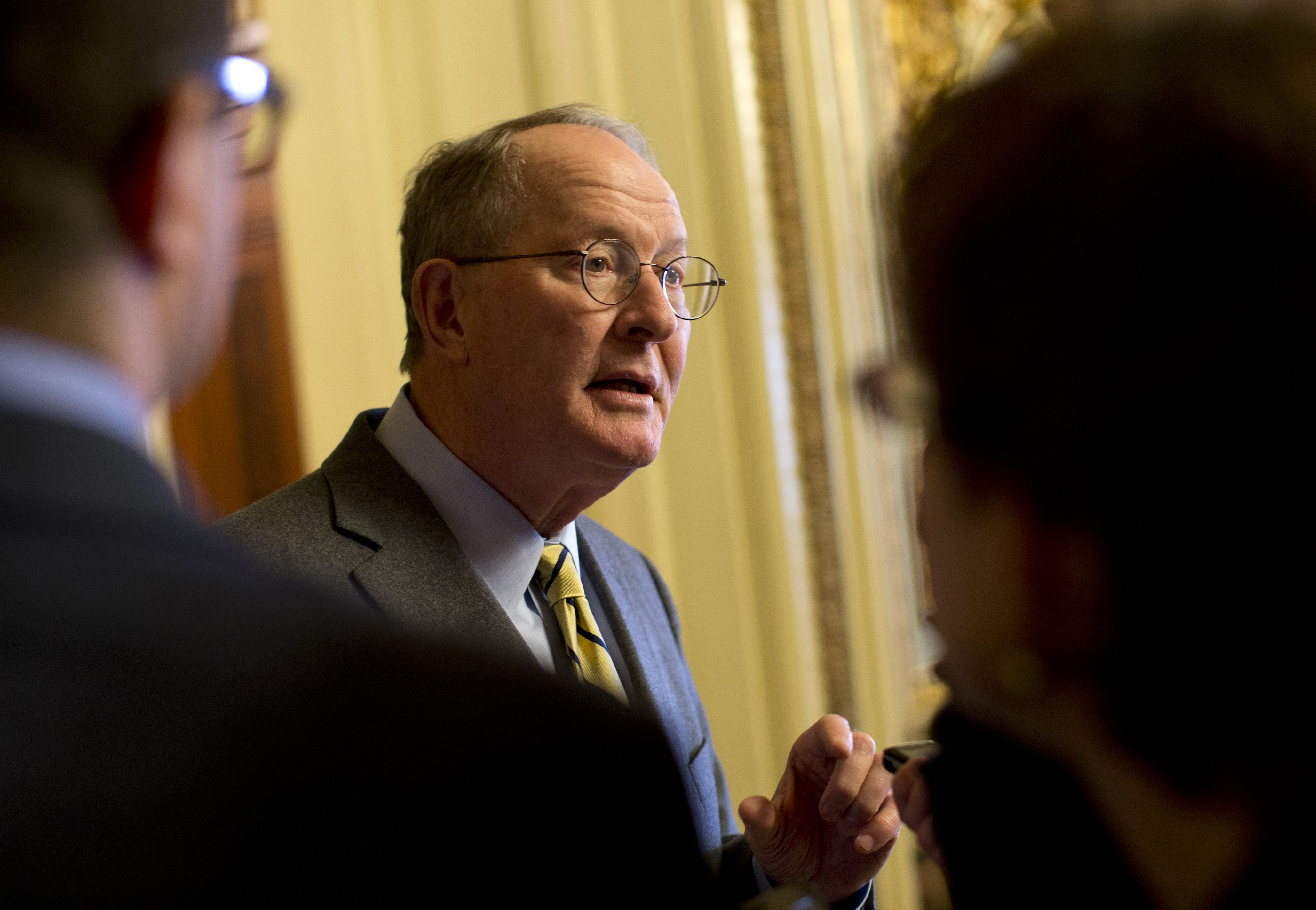WASHINGTON (AP) — Education Secretary Arne Duncan would see his authority greatly cut and governors would have final say over their schools under legislation introduced Thursday by Senate Republicans.
Videos by Rare
Sen. Lamar Alexander, a former education secretary who is the top Republican on the Senate Health, Education, Labor and Pensions Committee, rolled out his party’s version of No Child Left Behind renewal days after Democrats offered theirs.
While both versions would let states write school improvement plans and scrap one-size-fits-all national requirements, only the Republican measure explicitly says Washington has no role in what students learn.
“We would stop Washington, D.C., from deciding whether schools and teachers are failing, and restore those decisions back to state and local governments,” Alexander, R-Tenn., said in an interview with The Associated Press.
The state-by-state approach to education standards is already largely in place in the 37 states that received permission from Duncan to ignore the No Child Left Behind requirements in exchange for customized school improvement plans. The other states faces the threat of being deemed failing schools if they cannot demonstrate their students perform at grade level in reading and math — a designation that could cost them federal education dollars.
The Democratic plan, introduced Tuesday, would require the remaining states to develop their own reform efforts, which would require Duncan’s approval.
Alexander’s proposal would require states to prepare students for college or careers, but would ban the U.S. Department of Education from prescribing standards.
The Education Department already is prohibited from imposing curriculum for schools. But critics, including Alexander, call the department a “national school board” and say it is too involved in day-to-day instruction of students.
The Elementary and Secondary Education Act, now more commonly known as No Child Left Behind, governs all schools that receive federal dollars for poor, minority, disabled and students whose primary language is not English. In exchange for those federal dollars, schools must meet standards, previously set by Washington but increasingly dictated by state capitols even before the competing No Child Left Behind renewals are debated.
Congress has failed to renew the law since it expired in 2007. The Republican-led House is reluctant to take steps that could be seen as telling local schools how to best teach their students.
The Democrats’ version of the law would eliminate 20 programs while encouraging states to expand art, physical education and pre-kindergarten programs.
The Republicans’ plan would consolidate 62 programs into two grant programs and states could decide how to spend the money.
Alexander, who served as President George H.W. Bush’s education secretary, said he approached the legislation as a governor and not as a former Cabinet official.
“I think the responsibility for improving schools is squarely on parents and teachers and governors. They’re in a better position to do that because they’re closer to the child and closer to the school,” Alexander said.
A Senate committee is scheduled to take up the Democratic bill next week. A vote by the full Democratic-controlled Senate has not been scheduled and Democratic aides suggested it could be autumn before one occurs.
House Republicans were set to introduce their own version of No Child Left Behind but no timeline has been announced.
Follow Philip Elliott on Twitter: http://www.twitter.com/philip_elliott
Copyright 2013 The Associated Press.



